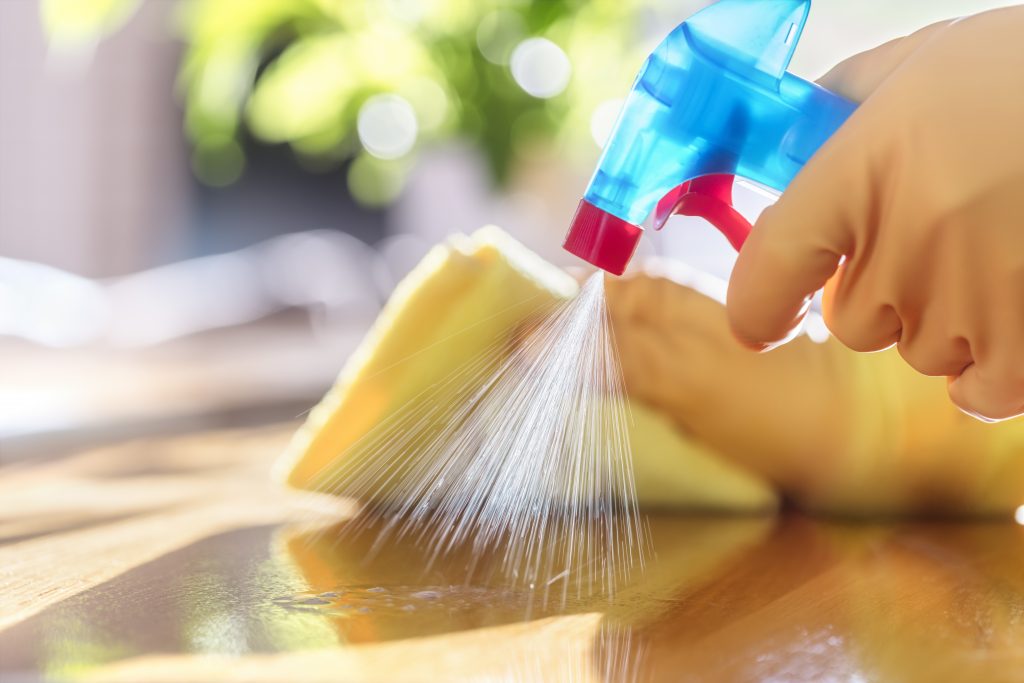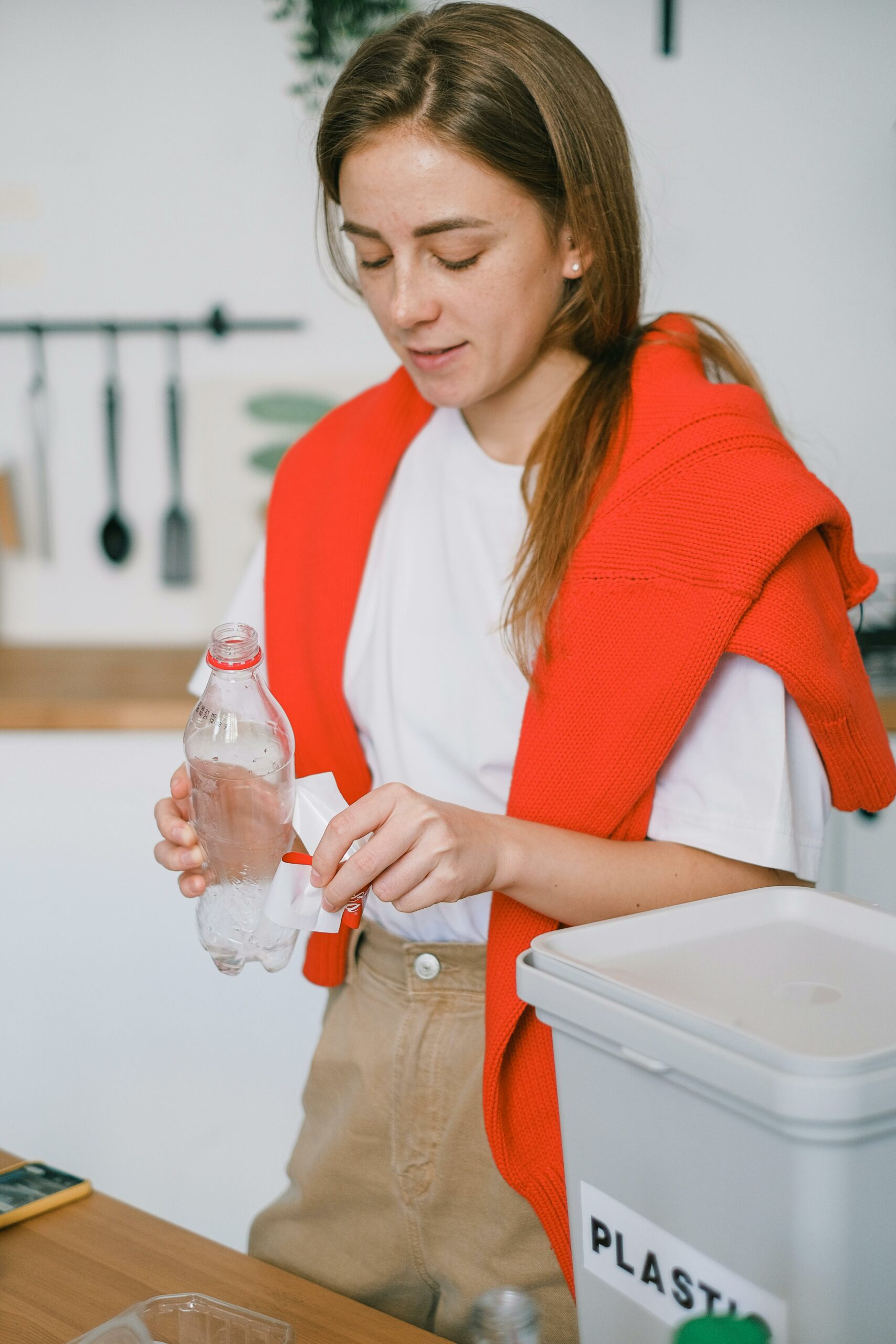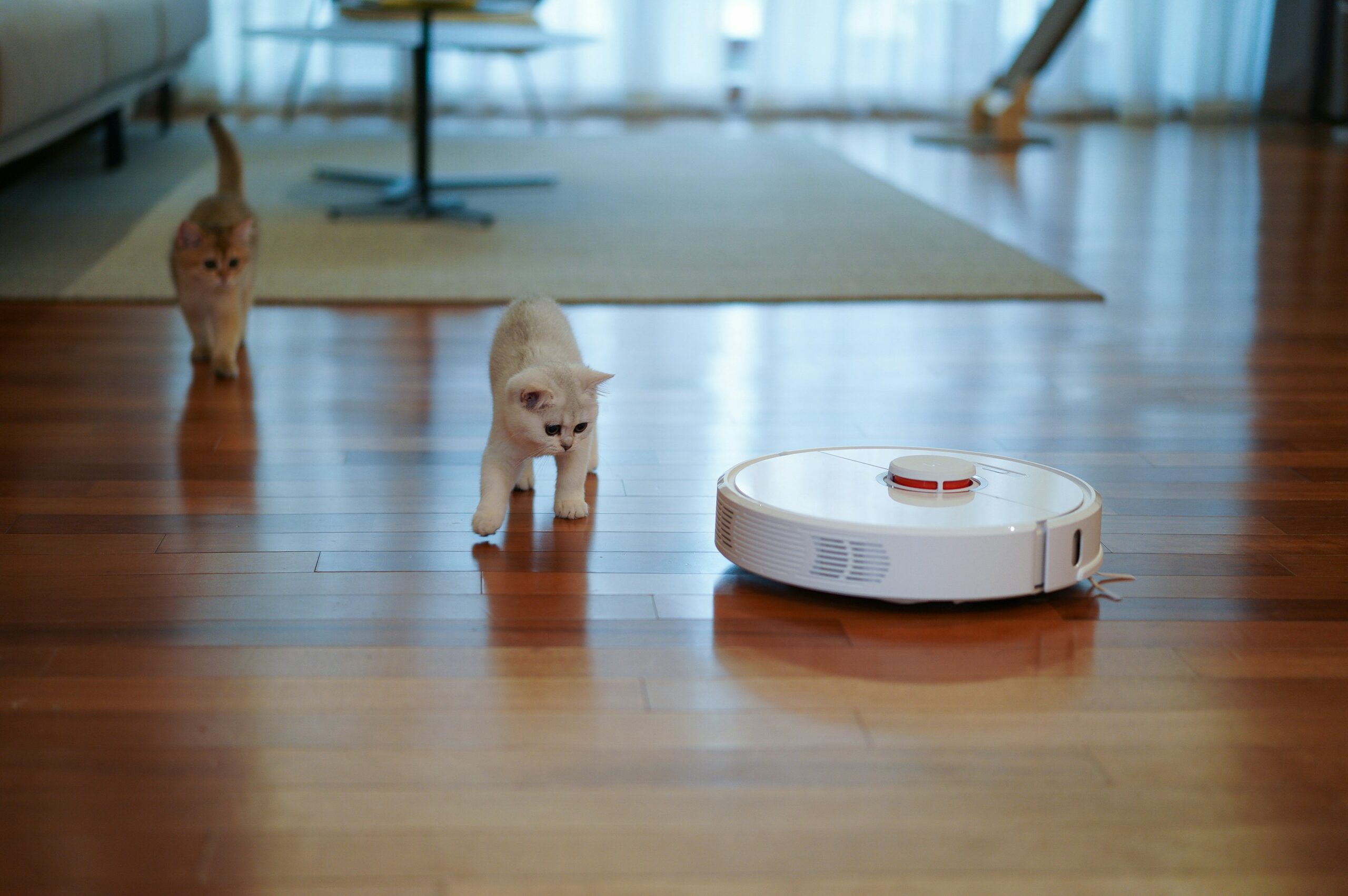As the place where food is prepared and stored, a kitchen serves one of the most important functions in a home. This means you should maintain high levels of cleanliness in this space, and give it a deep clean at least once or twice a month.
For most people, cleaning the kitchen means keeping utensils clean. But there is more to it than just utensils – it means maintaining proper hygiene, handling food well and taking appropriate safety measures such as using gloves.
To ensure your kitchen remains clean, develop a habit of cleaning as you work so the mess does not pile up. If you are wondering how you can maintain cleanliness in your kitchen, here are 6 things you can do to achieve this goal:

- Clear Your Kitchen Sink Often
A sink that is full of dirty utensils is an eyesore in your kitchen. To keep your dishes from piling up, empty the utensils into a dishwasher before cooking or after you are done cooking.
By doing this, you get your utensils cleaned within a few minutes as opposed to leaving dirty dishes in the sink overnight or for days.
You can also prevent dishes from piling up and keep surfaces clean by cleaning up as you go.
For instance, as you wait for your meal to cook, you could be washing chopping boards, wiping down kitchen cabinets and cleaning any other items that you used so your kitchen is clean by the time your food gets ready.
- Wipe Spills When They Happen
Prevent mold, stains and other dirt from sticking to your kitchen surfaces by cleaning spills as soon as they occur.
If food spills on the surface, use a cloth or a spoon to remove the solid waste and place it in the trash can. You can also use surface cloths to clean any sauces or liquid spills.
Ensure that liquid spills that land on the floor are cleaned immediately to prevent accidents. Once you’ve removed the spillage, spray an all-purpose cleaner on the surface and wipe it to clear any stains.
f you have raw meat spillages, a sanitizing spray can help clear the mess so that bacteria do not spread on the surface.
- Empty Garbage Bins Regularly
One thing that determines the cleanliness of your kitchen is how you manage your trash. Get a garbage bin that best meets your needs and, where possible, have a recycling container as well. Just ensure that you empty the bins regularly – every day or at least once every two days – to keep trash from attracting bugs, producing odour and overflowing.
When you empty your bins, ensure that you clean the inside and outside parts with an all-purpose cleaner.
Leave them to dry well before placing a fresh bag. Garbage bins can harbor mildew, mold, bacteria and foul smell from food waste and other forms of trash. You also need to disinfect them at least once a month to ensure that your kitchen remains clean.
- Remove Stuff From Your Countertops
Empty countertops make the kitchen appear clean and well organized. It also gives you sufficient working space so you can prepare your meals with less hassle. As such, remove clutter from your countertops by storing small appliances such as coffee makers and toasters in your kitchen cabinets.
Also, keep food items that you don’t need to refrigerate in a fruit bowl on a kitchen table.
Have a designated space for storing pans, pots and other cookware and keep ingredients such as sugar, flour and salt in the pantry. If you have random items like pens and paper that you use frequently in the kitchen, have a designated drawer for them as well.
- Keep Your Kitchen Sink Clean
The kitchen sink also needs a good clean after washing dishes to remove bacteria and give the kitchen a fresh vibrance. As you clean the sink, pay attention to the drainage. This area can harbor bacteria that produce a bad smell. To ensure that this does not happen, make it a habit to clean the drainage once every week.
You can do this by pouring baking soda into the drainage and letting water run through it. Pouring vinegar cubes through the waste disposal can also do the trick.
- Keep Your Refrigerator Clean
The refrigerator is an important part of your kitchen because this is where you store a lot of your foodstuffs. It is important that you clean it at least once every month.
This means removing all the food you have both in the freezer and in the refrigerator, and wipe all the interior surfaces including the shelves and the drawers using a multi-purpose cleaner. Once done, dry the surfaces before placing your food back.
To remove any smell, place a bowl with coffee beans or an open baking soda box in the refrigerator.
Summing It Up
Keeping your kitchen clean is not just a hygiene issue, but it is also a safety issue. While there is a lot that goes into keeping a kitchen clean, you don’t have to do everything at the same time.
Some chores like cleaning dishes and surfaces have to be done daily, but there are others that can be done on a weekly or monthly basis.
To ensure that you maintain cleanliness in your kitchen, you can split these chores and handle them bit by bit, everyday.






